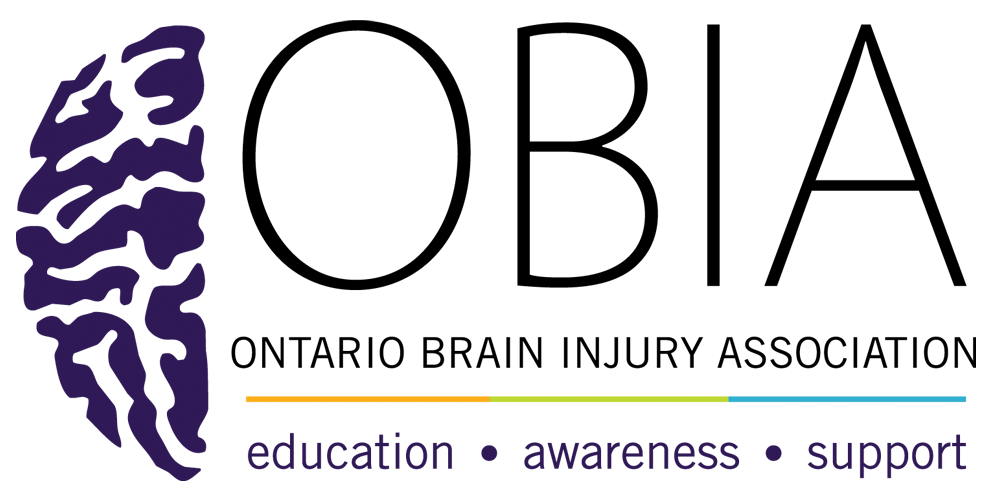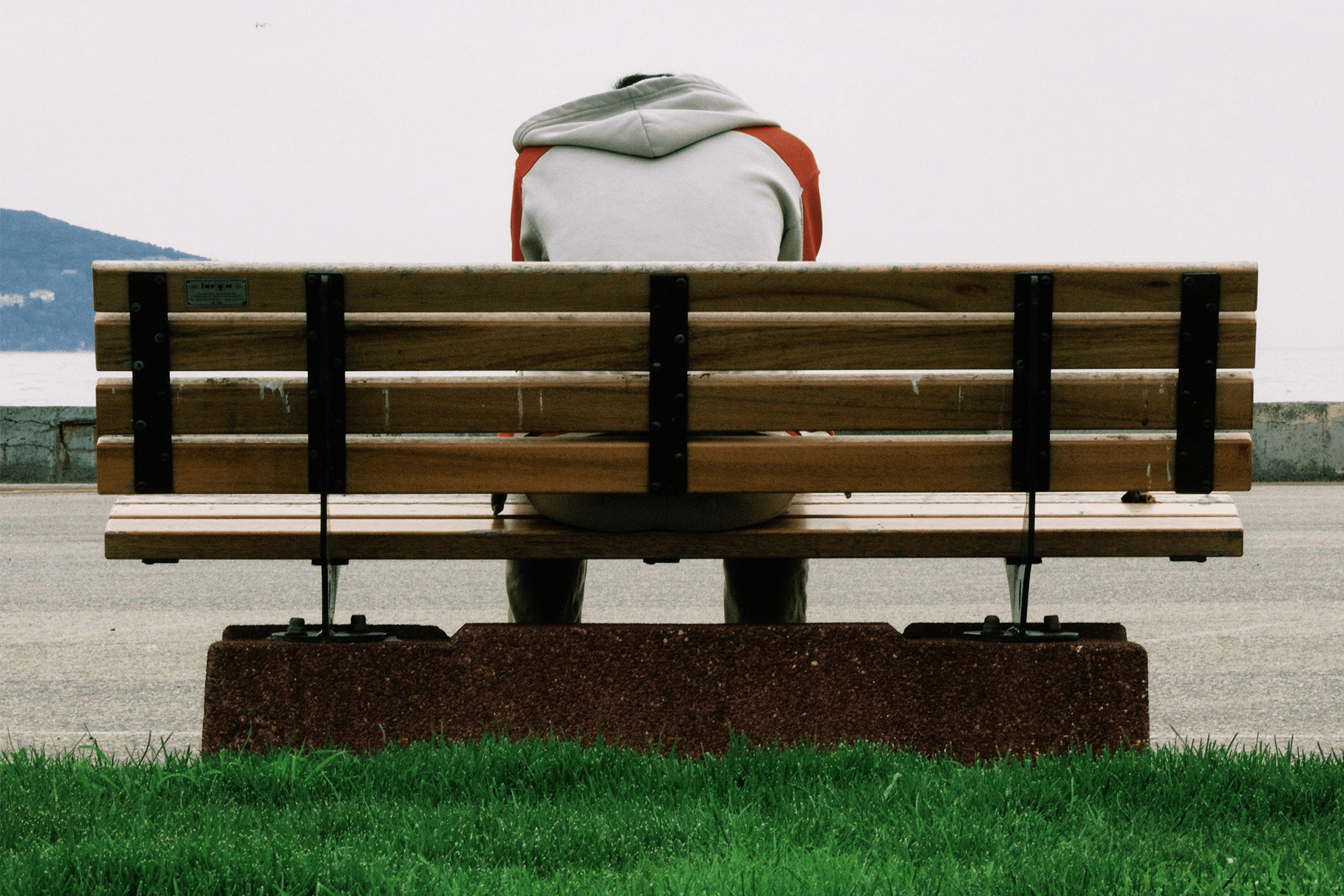Quick Facts
- Grief is a natural response to any type of loss and is often experienced following a brain injury
- The grieving process is unique to each individual and it can be sad, scary, lonely, frustrating and confusing for the whole family
- Feelings of grief and loss may be strong, overwhelming, and confusing
- Feelings are often unpredictable and can change quickly
What does it
look like?
- Frequent referral to the person they were before / the life they lived before the injury
- Ignoring the skills and abilities that remain
- A drastic change in personality
- Denial, anger, and sadness at the losses which have occurred
- Crying spells, low energy, and restlessness
- Feelings of guilt and worthlessness
- Easily upset when unable to complete tasks as they once did before
- Not enjoying things like before
- Isolation, withdrawal
- Over-eating and under-eating
- Unpredictable reactions (i.e. can be angry outbursts) that may occur at home, the workplace, and community
- Poor outlook on life and questioning the quality of their current life
- There are many losses that may be experienced following brain injury, these may include the following:
- Abilities – physical, cognitive, emotional and social
- Lifestyle
- Roles and relationships
- Self-image and sense of who they are
- Hopes and plans for the future
Possible Causes and Complications
Possible complications:
- The person can become discouraged as they do not understand what their abilities and challenges will be long-term
- Frustration, grief, and feelings of loss are not synced with their caregiver and can create conflict
- Cognitive challenges (e.g. memory problems, concrete thinking) can make the emotional adjustment to loss and change longer
- May become depressed, isolate oneself and have feelings of hopelessness
What can we do?
- Educate yourself about the grieving process and know that the individual may not follow predictable or set stages of mourning such as:
- Denial
- Anger
- Bargaining
- Depression
- Acceptance and hope
- Provide time, support, and motivation as the individual navigates through changing emotions
- Acknowledge the loss without dwelling on it (e.g., “it must be very difficult not being able to dance like you used to.”)
- Avoid trivializing the loss (e.g., “if you think you have it bad, I knew someone who—“)
- Avoid reasoning away the loss (e.g., “you may not be able to play hockey, but at least you can walk.”)
- Promote an awareness of the individuals successes and strengths
- Frequently use encouragement and positive reinforcements
- Assess and monitor activities that can trigger feelings of grief and loss
- Select activities to increase the likelihood of a positive experience
- Seek counselling and support within your community for your loved one and yourself
Disclaimer: This information is not meant to replace advice from a medical doctor. Consult a health care provider regarding specific medical concerns or treatment.

